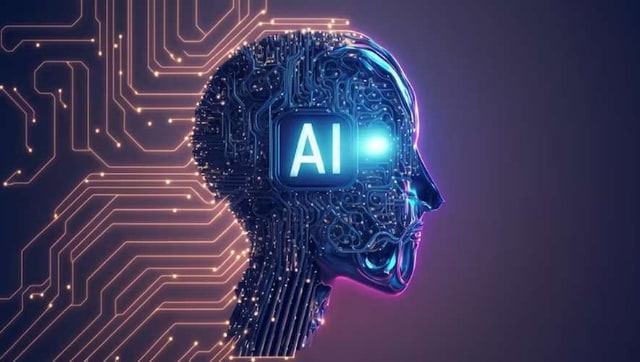Is AI overhyped and the biggest bubble yet? CEO of a major AI company thinks so

Stable Diffusion’s CEO, Emad Mostaque, has claimed that AI is the biggest bubble ever, even bigger than the Dot Com Bubble, and that all these AI firms with crazy valuations will come crashing down like a house of cards
AI has generated an enormous amount of excitement, attracting billions of dollars in investment as entrepreneurs seek to capitalize on the next major technological trend. However, not everyone shares the belief that this trend will endure.
Emad Mostaque, the CEO of Stability AI, an open-source AI company responsible for the highly popular image generator Stable Diffusion, expresses concerns that the industry may crumble like a fragile house of cards.
During a recent call with banking analysts, Mostaque referred to the current state of AI as “the biggest bubble of all time,” stating that it is not yet ready for the financial sector. He labeled it the “dot AI” bubble, emphasizing that it has yet to reach its peak.
Related Articles

Future in another timeline: How an ‘artist’ was able to time travel and take selfies in the distant past

‘MumbAI’: AI-generated photos of amphibious vehicles to battle monsoon woes win hearts
A repeat of the Dot Com bubble?
Nevertheless, we should approach Mostaque’s statements with caution. It seems contradictory for a CEO of his stature to warn investors about an AI bubble. Furthermore, just three months ago, Mostaque confidently asserted at a conference that AI is not a bubble and is even more significant than 5G or self-driving cars.
Mostaque’s credibility has come under scrutiny, with Forbes publishing a profile last month that exposed misleading claims made by the CEO. These include the revelation that he did not earn a master’s degree from Oxford, contrary to his previous statements. The article also accused him of embellishing his achievements and misleading investors with dubious claims.
Although Mostaque has denied these allegations, it is crucial to consider this context when evaluating his latest prediction. Even if there is some misunderstanding regarding his academic credentials, should we rely on the insights of a CEO who admits to neglecting the necessary paperwork to obtain his Oxford diploma?
Ironically, Mostaque has managed to secure over $100 million in investment, indicating that he himself is a significant contributor to the expanding AI bubble. This raises the question of why he continues to raise funds for an industry that he believes may eventually collapse.
A challenging position
It is challenging to reconcile Mostaque’s assertion that AI represents “the biggest bubble of all time” with his recent plea for a $1 trillion investment in AI as essential knowledge infrastructure surpassing even the significance of 5G.
So, are we on the brink of a monumental opportunity or the largest financial disaster in history?
It is possible that Mostaque is hedging his bets to appease investors. By maintaining that any outcome is possible, he avoids being proven wrong.
However, he isn’t the only one to say that we are living in an AI bubble. This is a perspective that is shared by some prominent economists as well.
Economists too say that this is an AI bubble
In their essay, Gary N. Smith, the Fletcher Jones Professor of Economics at Pomona College, and Jeffrey Lee Funk, an independent technology consultant, highlight the captivating nature of human-like conversations generated by GPT. They argue that this magic has led to the promotion of a false narrative, wherein computers are portrayed as being smarter than humans and capable of making decisions on our behalf.
However, they assert that this hype surrounding chatbot AIs is destined to become a bubble, a phenomenon that investors fear the most. Once this bubble bursts, they claim that the truth behind Large Language Model (LLM)-powered systems will be revealed, showing them to be far less revolutionary than initially believed and more akin to smoke and mirrors.
Smith and Funk further state that the AI bubble is rapidly expanding. Their essay is rooted in the argument that many investors seem to misunderstand the fundamental technology underlying these language models, which can easily be anthropomorphized. While chatbots like ChatGPT and the OpenAI-powered Bing Search may sound impressively human, they actually lack the ability to synthesize information effectively. As a result, they fail to provide thoughtful, analytical, and often accurate responses.
For all the latest Technology News Click Here
For the latest news and updates, follow us on Google News.
